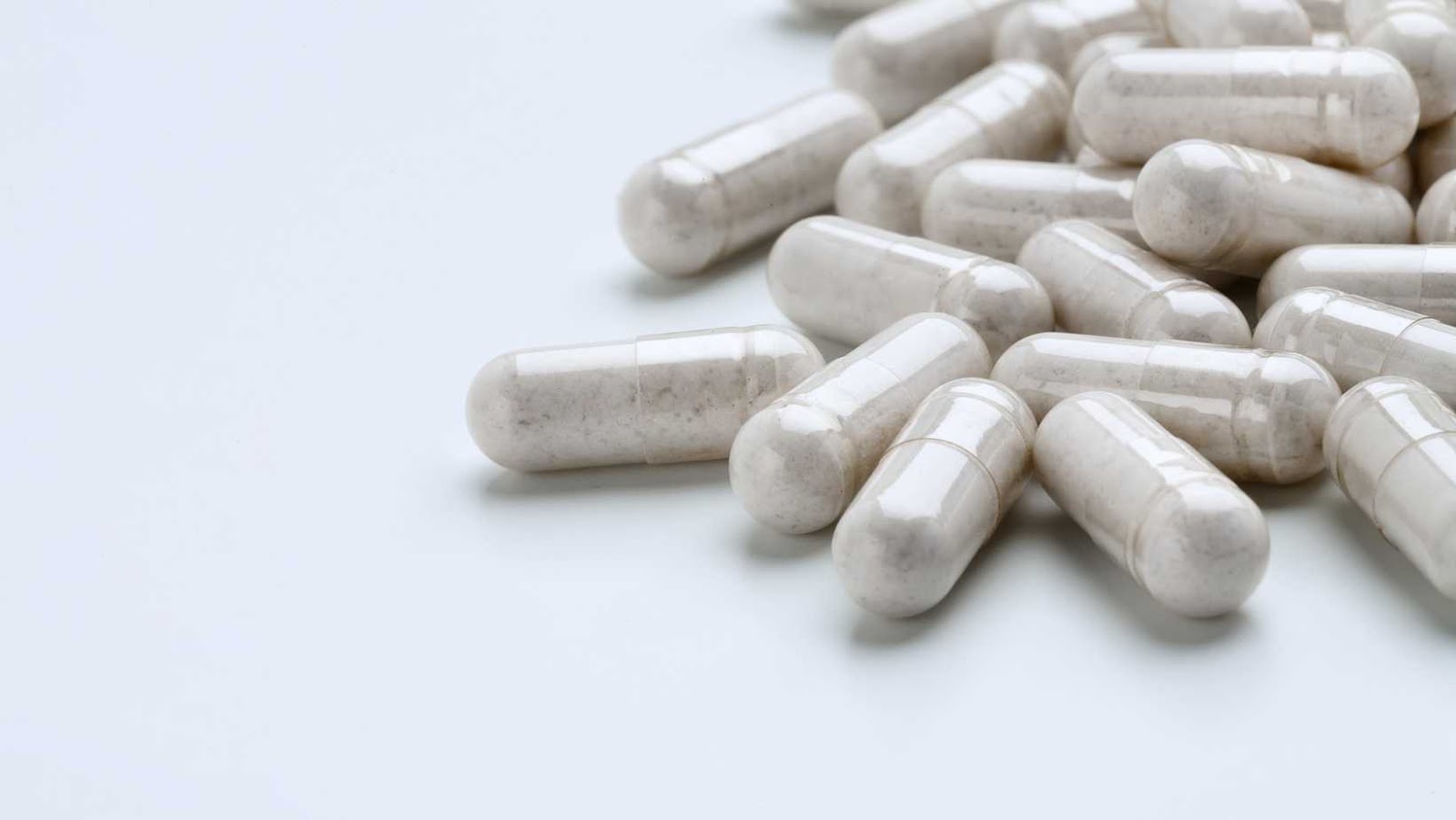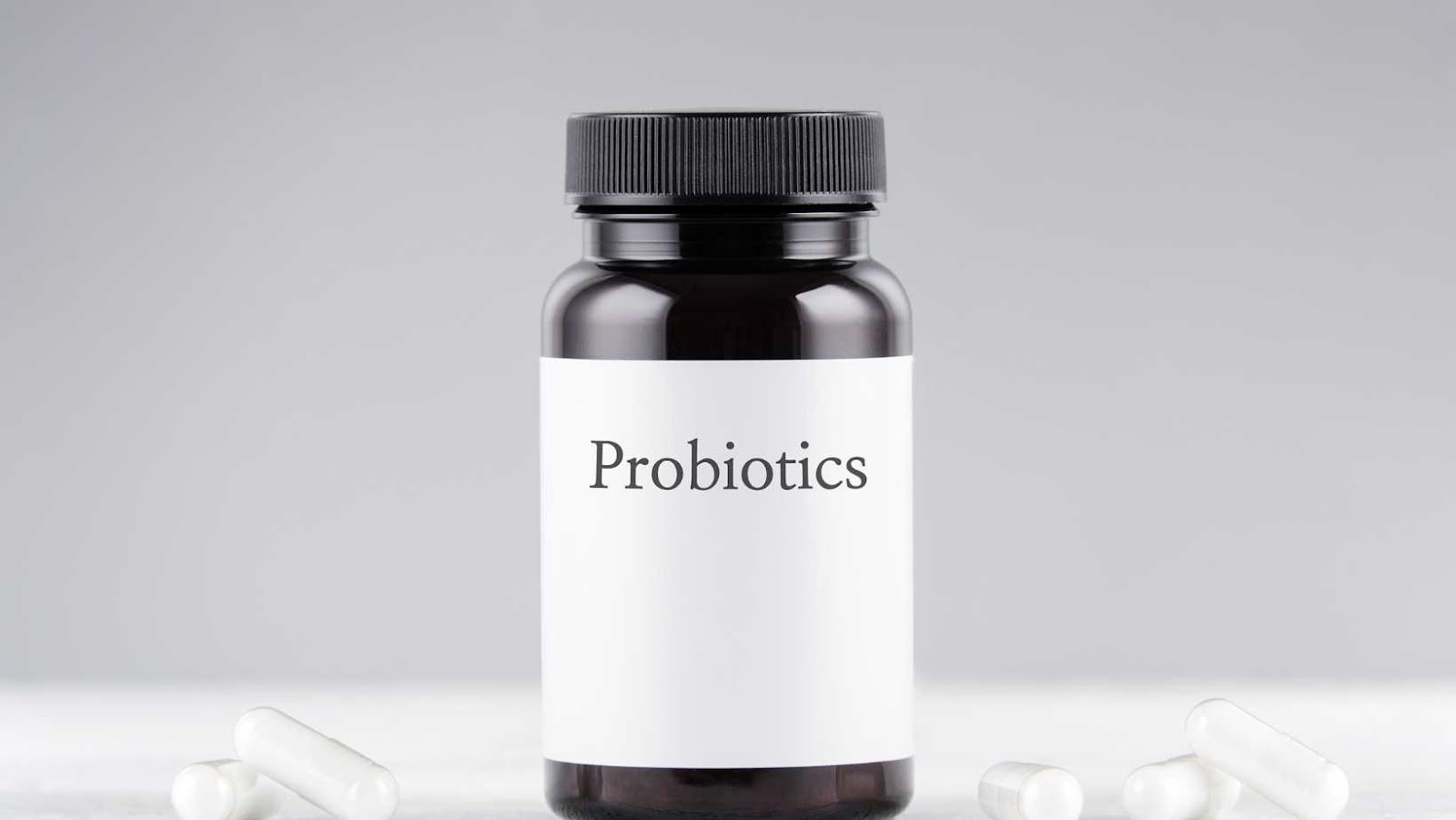Struggling to keep your little one healthy while breastfeeding? Worried about what you should and shouldn’t take while nursing? You’re not alone!
Here’s a guide on how probiotics can help you and your baby.
Introduction
Breastfeeding can be a challenging time for new mothers as they try to give their infants the best possible nutrition. Among the many concerns they have, is whether taking probiotics can affect their baby’s health. It is a common misconception that taking probiotics while breastfeeding can be harmful to the baby. However, probiotics are good bacteria that help to boost the immune system and promote gut health in both, the mother and the baby. In fact, probiotics can be beneficial for nursing mothers as they help to prevent infections and reduce the risk of mastitis. They can also help to alleviate gastrointestinal issues in the baby, such as colic and diarrhea. However, it is important to consult a healthcare provider before taking probiotics while breastfeeding, especially if the baby has a weakened immune system or a history of allergies. It is also advisable to choose high-quality probiotics that are safe for both, the mother and the baby.
Pro tip- Always consult your healthcare provider before starting any new supplements while breastfeeding.
Can i Take Probiotics While Breastfeeding
Probiotics are safe and beneficial for lactating mothers and their babies. Here are some of the benefits of taking probiotics while breastfeeding:
| Boosts baby’s immune system: | Probiotics can improve the quantity and quality of breast milk, which can help protect the baby from infections and illnesses. |
| Reduces the risk of mastitis: | Mastitis is a painful breast inflammation that can cause fever and chills. Probiotics help maintain a healthy balance of bacteria in the breast tissue and prevent mastitis from occurring. |
| Improves digestion: | Probiotics can help relieve constipation, diarrhea, and other digestive issues that breastfeeding mothers may experience. |
| Enhances nutrient absorption: | Probiotics can help the body absorb more nutrients from food, which can improve the nutritional content of breast milk. |
Pro tip: Make sure to choose a high-quality, reputable probiotic supplement that is safe for breastfeeding mothers and their infants. Also, talk to your doctor before starting any new supplement regimen.
Potential Risks of Taking Probiotics While Breastfeeding
Probiotics are generally safe for breastfeeding mothers, but there are some potential risks to keep in mind.
Some of the risks associated with taking probiotics while breastfeeding include allergic reactions, digestive issues, and transfer of harmful microorganisms to your baby.
Allergic reactions: Some people may have allergies to certain strains of probiotics. If you or your baby have a history of allergies, it’s best to speak with your doctor before taking probiotics.
Digestive issues: While probiotics can help improve digestive health, they can also cause gas, bloating, and diarrhea in some cases. If you experience any of these symptoms, it’s best to speak with your doctor.
Transfer of harmful microorganisms: While rare, there is a risk of transferring harmful microorganisms to your baby through your breast milk if you take probiotics that are contaminated or made with unsafe ingredients. Always choose high-quality, reputable brands of probiotics.
As always, it’s best to speak with your doctor before taking any new supplements or making changes to your diet while breastfeeding.

Types of Probiotics
Probiotics come in many different types, each with its unique strains and health benefits.
| Strain | Benefits |
| Lactobacillus | This probiotic strain is commonly found in yogurt, fermented foods, and supplements. It helps in the breakdown of lactose and supports healthy digestion. |
| Bifidobacterium | This probiotic strain is common in the gut of breastfed infants and helps in the breakdown of carbohydrates. It also supports a healthy immune system and oral health. |
| Saccharomyces boulardii | This yeast-based probiotic strain helps in the treatment and prevention of diarrhea, especially in infants and children. |
| Streptococcus thermophilus | This probiotic strain helps in the breakdown of lactose and supports gut health. |
When it comes to taking probiotics while breastfeeding, it’s always best to consult a doctor or lactation consultant before introducing any new supplements into your diet. While most probiotics are safe for breastfeeding mothers, some strains may not be suitable or may cause adverse effects for some individuals.
How to Choose The Right Probiotic For Breastfeeding
Taking probiotics while breastfeeding can offer a variety of benefits, such as boosting your immune system and improving digestion. However, it’s important to choose the right probiotic to ensure it’s safe for both you and your baby.
Here are some tips to help you choose the right probiotic for breastfeeding:
| Look for strains that are safe for breastfeeding: | Lactobacillus and Bifidobacterium are strains that are generally considered safe for breastfeeding mothers and their babies. |
| Consider your needs: | Depending on your individual needs, you may want to look for specific strains that can help with issues like boosting immunity, easing digestive discomfort, or reducing anxiety. |
| Choose a reputable brand: | Look for probiotic brands that are reputable and have good reviews from other breastfeeding mothers. |
| Talk to your doctor: | If you’re not sure which probiotic is right for you, talk to your doctor or a lactation consultant for personalized recommendations. |
Pro tip: Start with a low dose and gradually increase it to give your body time to adjust to the probiotics.
Recommended Dosage of Probiotics For Breastfeeding
Yes, you can take probiotics while breastfeeding. In fact, probiotics are safe and beneficial for both you and your baby. The recommended dosage of probiotics for breastfeeding mothers is generally 10-20 billion CFUs (colony-forming units) per day.
Here are some tips to keep in mind:
| Choose a high-quality probiotic supplement that contains a variety of strains and specifically formulated for postnatal women. |
| Start with a low dosage and gradually increase it as needed. Some common side effects of probiotics include bloating and gas. |
| Consult with your healthcare provider before taking any new supplements, especially if you have a history of medical conditions or allergies. |
Make sure to maintain a healthy and balanced diet, as probiotics work best when combined with prebiotics and a diverse range of nutrients.
 |
Potential Side Effects of Probiotics While Breastfeeding
Yes, you can take probiotics while breastfeeding; however, it is important to understand the potential side effects of probiotics that may occur in nursing mothers and infants.
Here are some potential side effects of probiotics while breastfeeding:
| 1. Allergic reactions: | Nursing mothers or their infants may have allergic reactions to some strains of probiotics, leading to skin rashes, swelling, or difficulty breathing. |
| 2. Digestive discomfort: | Probiotic supplements containing high doses of certain bacterial strains may cause gas, bloating, or diarrhea in some people, including nursing mothers and their infants. |
| 3. Immune system effects: | Some studies have suggested that probiotics can modulate the immune system, potentially leading to infections or autoimmune disorders in rare cases. |
To minimize the risks, it is recommended to consult with a healthcare professional before taking probiotics while breastfeeding and to choose reputable probiotic supplements with a documented safety profile.
In conclusion, taking probiotics while breastfeeding can have positive effects on both mothers and babies. While research on this topic is limited, current studies suggest that probiotics are generally safe to consume during breastfeeding and may help prevent or treat conditions such as mastitis, eczema, and colic in infants. However, it’s essential to talk to your doctor before taking any new supplements or making significant changes to your diet while breastfeeding, particularly if you or your child has certain health conditions.
With proper guidance from a healthcare provider, incorporating probiotics into your diet while breastfeeding can be a beneficial way to support your and your baby’s health.
